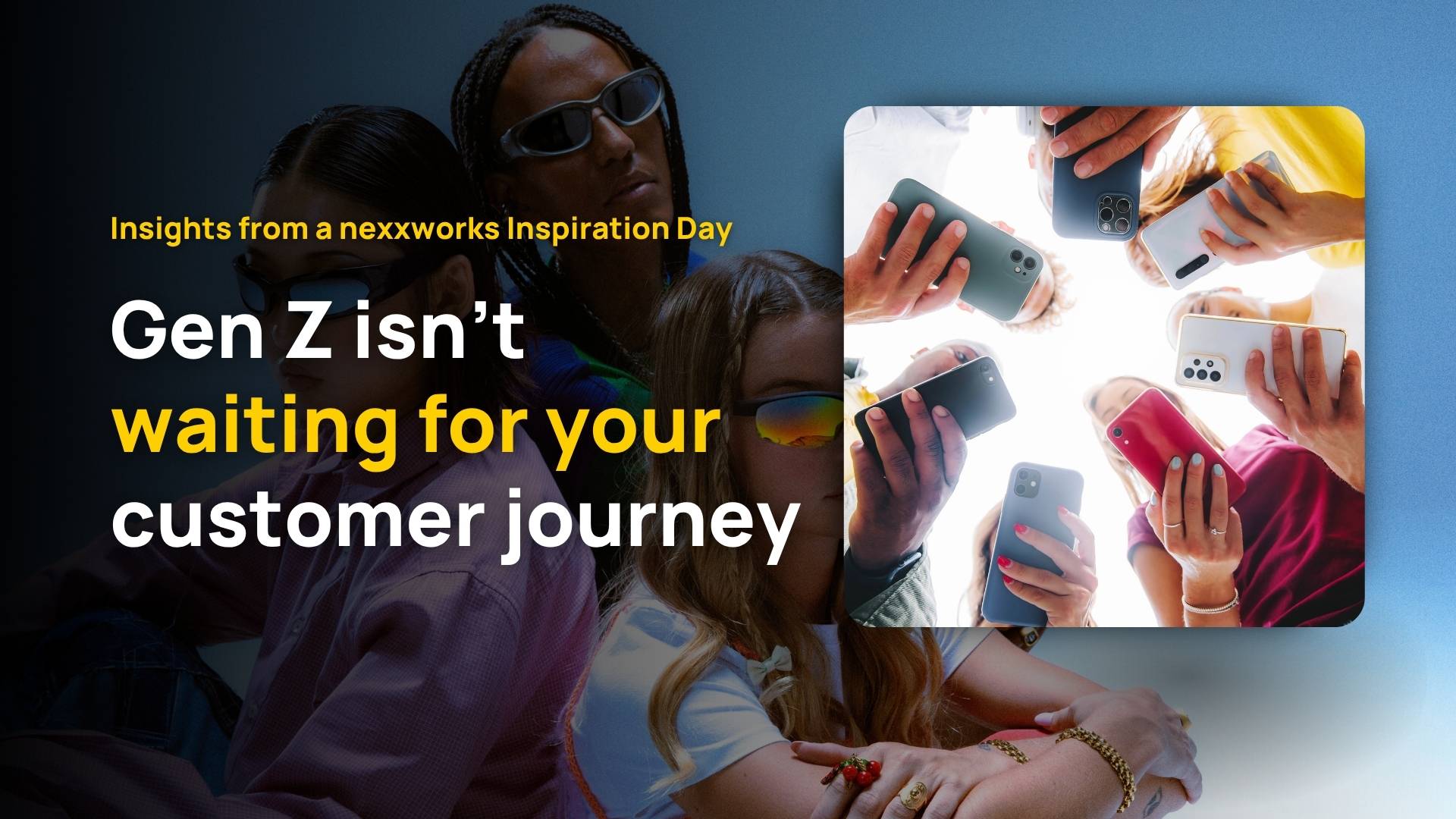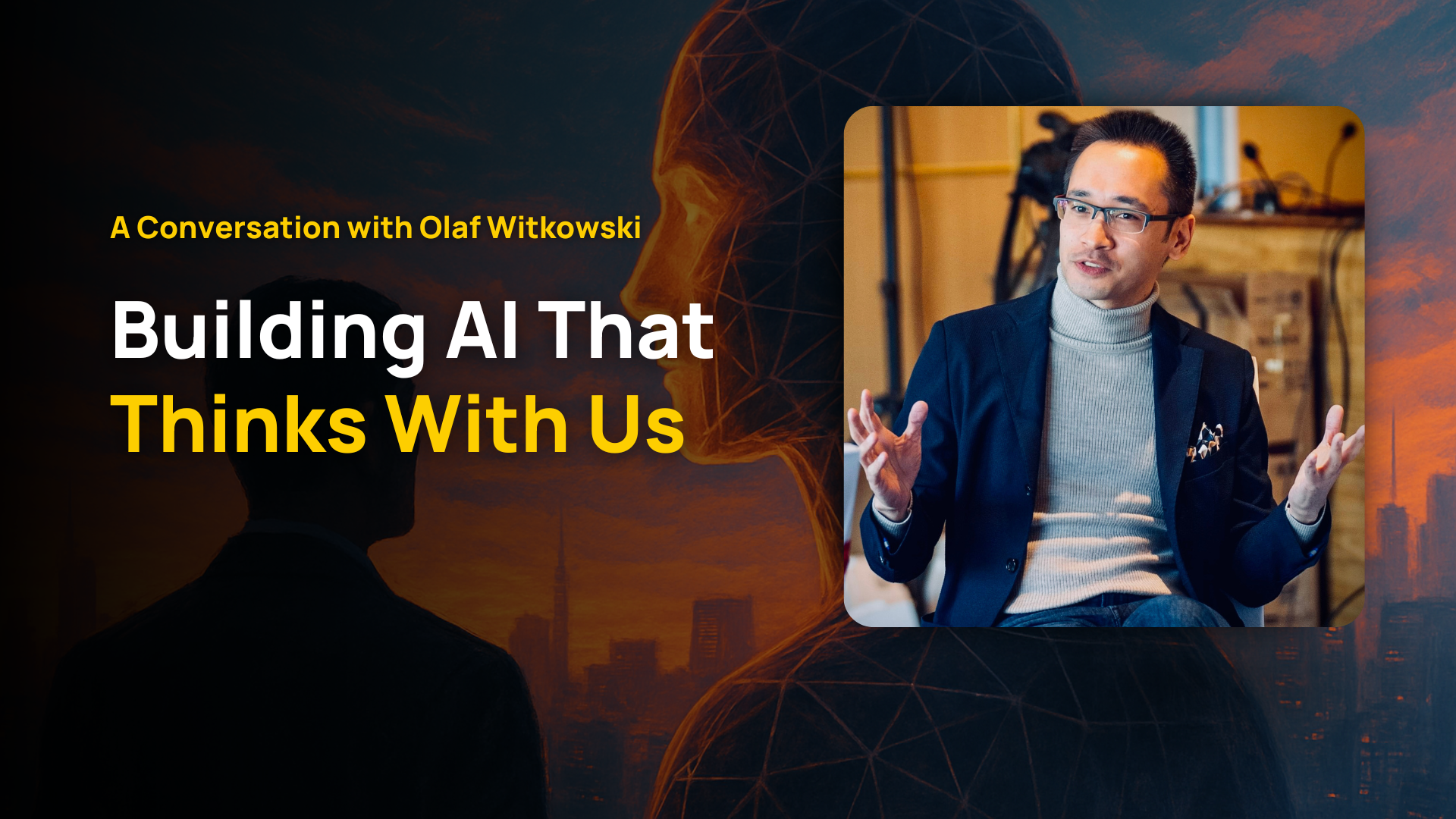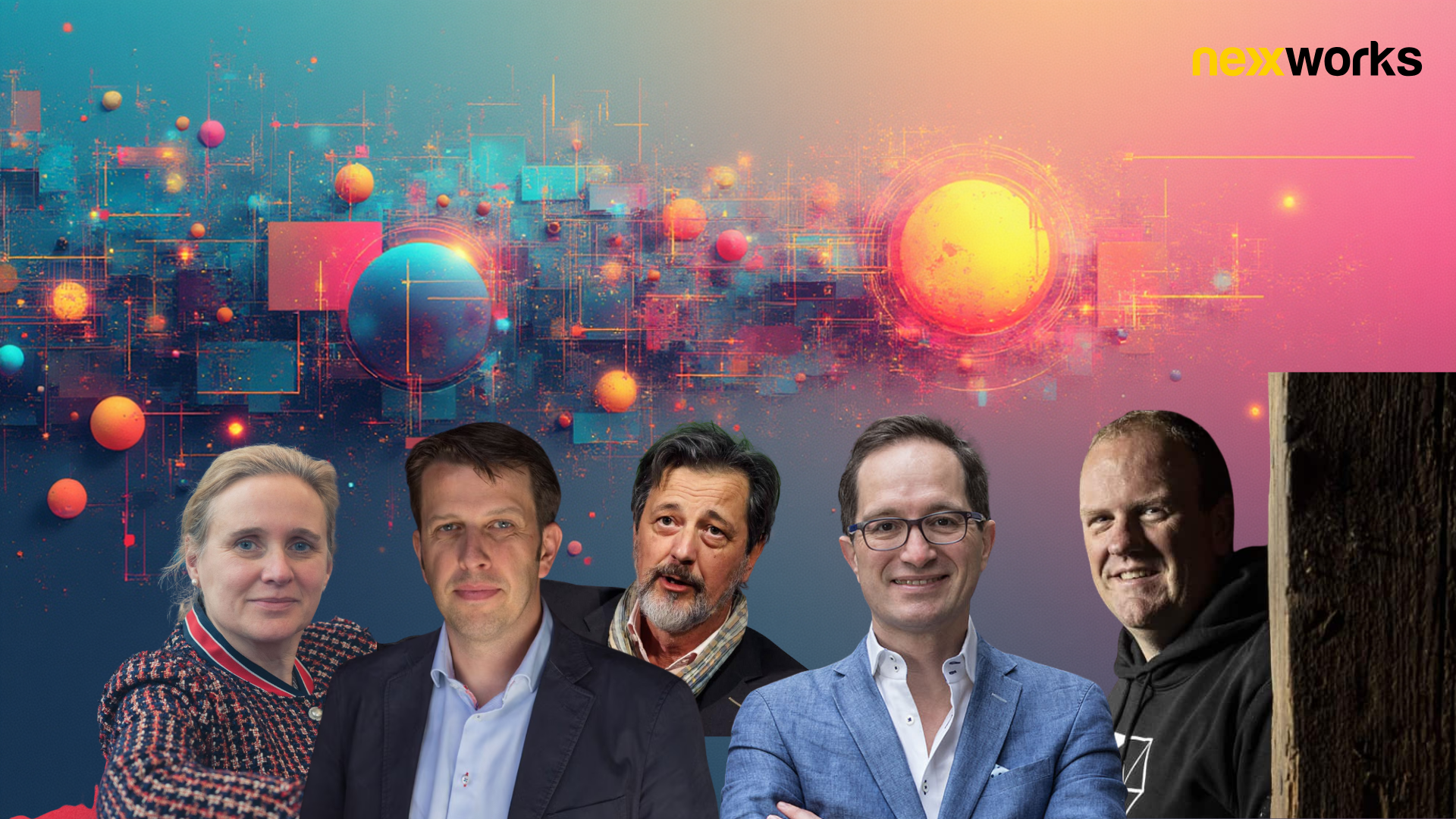AI Will Separate the Strong from the Weak
The Big Productivity Divide
.jpg)
With the advent of artificial intelligence (AI), the skills and capabilities needed to thrive in the workforce are rapidly changing. At this point, no one can really be sure how radical AI will change work and careers. But the first experience of the general public being exposed to ChatGPT, Bing or Midjourney is a feeling of awe. The possibilities seem endless, and you can’t help but feel dazzled by the prospect of the AI tsunami that is coming. There does not seem one domain of work that will come out unscathed. Instead of crystal-balling over which jobs will disappear and which ones will thrive, it is probably more interesting to look at its likely impact on talent and skills.
Doping for the knowledge worker
In the late ‘90s, the world of professional cycling experienced a transformation. There was a group of upcoming talents that were unbeatable in the classic races and big tours. Mature cyclists who had proven themselves as top talents in previous years suddenly seemed like amateurs who couldn’t keep up with young talents. We now know that new forms of doping were the explanation. Up and coming talents had discovered new ways to improve their performance by taking illegal substances that were not (yet) available to all. Many older cyclists simply retired because they could not comprehend what was happening and simply thought their best days were over.

AI will create a similar separation, be it a legal one (in most contexts). A key trend that is emerging is the growing divide between those who can work effectively with AI and those who cannot. My expectation is that AI surely will replace some jobs and will create new jobs. But not for the same people. It will create a significant separation between those who can work with AI to enhance productivity and those who cannot. The first group, let’s call them AI-talents, will grow exponentially more productive and more competitive, while the second group will struggle to keep pace and may be mystified about why they can’t keep up. AI is doping for the knowledge worker.
The Productivity Boost of AI
One of the most significant impacts of AI on the workforce is the potential for a massive productivity boost. AI-powered tools can quickly generate and scale high-quality work, freeing up time for employees to focus on other tasks that require more human intervention. It’s not just that AI will take on routine and automate repetitive administrative tasks; of course it will.
But AI can better be thought of as having an unlimited army of knowledgeable interns at one’s disposal; an army of interns that are ideally fit for brainstorming, design jobs, writing drafts, analyzing and coding.
Generic AI will program other, more specialized AI to do jobs; AI will manage other AI who will manage other AI – the growth and scaling up of this AI productivity chain will be exponential.
Really, you say? You’ve tried ChatGPT and came away unimpressed? That is exactly where the productivity divide lies. People will benefit from AI only if they know how to use it and get maximal productivity gains from it.
A majority of people will give it a first try and only get some trivial writing or idea suggestions. That’s been ChatGPT so far for most people. Disappointed they close it down and go back to their day-to-day jobs, muddling on. What’s all the fuss about? Others see the potential and invest time and effort in learning how to get the most out of it.
AI Prompt-writing will become one of the most important skills in knowledge work and effective prompt-writers already command $300k salaries.

Individuals who possess strong writing skills will be able to work more efficiently with ChatGPT, as they will be able to quickly generate high-quality responses but then tweak, improve, and scale them. Similarly, individuals who have a strong background in coding, programming, data analysis and interpretation will be better equipped to work with AI-powered tools that generate vast amounts of data but also require someone to oversee and steer the sheer unlimited computational power of AI. Creative designers will be able to use AI-powered tools to generate new ideas, art and insights that can come up with new business models. AI will help identify new market opportunities and test new product concepts before investing significant resources in development. AI can reliably market test new products without ever having to leave the office.
But you will need to know how to do all that. While AI-powered tools have the potential to enhance productivity, they also create a skills-divide between those who can work effectively with them and those who cannot. Organizations must urgently invest in training and development programs to help their employees develop the skills needed to work with AI effectively.


.svg)






